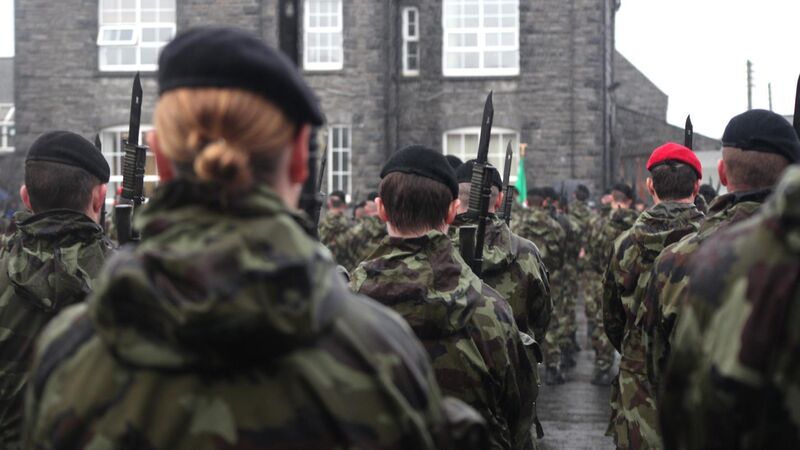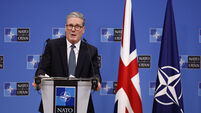Donncha O'Connell: We may need a citizens' assembly on national security

The work of two commissions — on the future of policing, and on the Defence Forces — span an era in which new threats emerged, including the HSE cyberattack and Russia’s war on Ukraine. File picture
A number of events threatening national security have occurred since September 2018 when the Commission on the Future of Policing recommended a fusion centre model to pool expertise and to provide an authoritative source of advice for Government.
On foot of the commission’s recommendation the National Security Analysis Centre (NSAC), headed by Dermot Woods, formerly of the Department of Justice, was established.
















